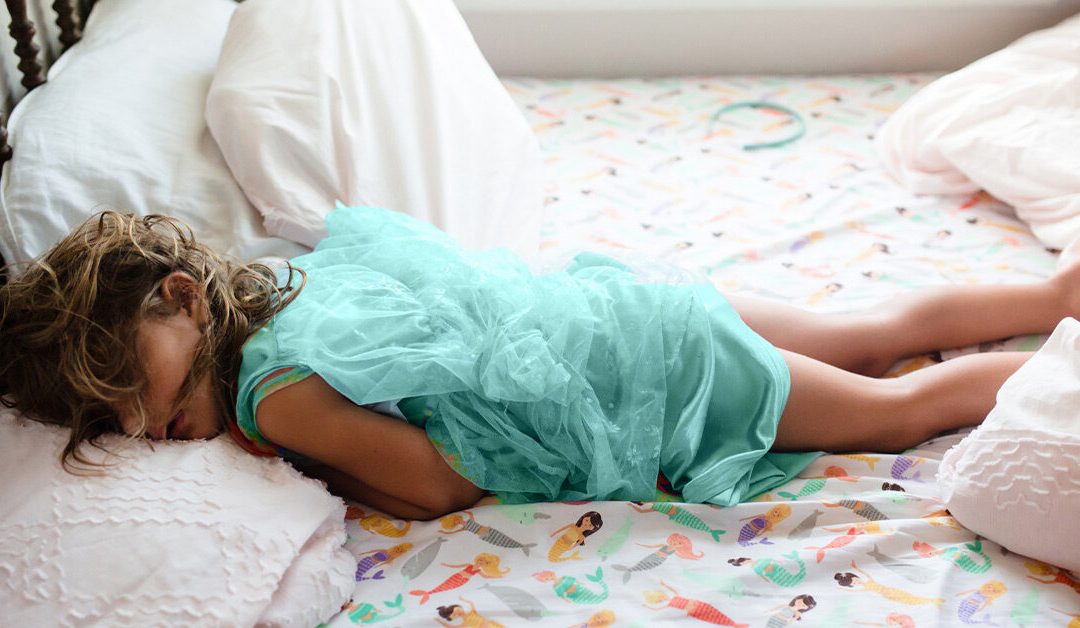
Young children transitioning to kindergarten could benefit from at least 10 hours of sleep per night, a new study suggests.
That’s significant when you consider that more than half of children in the United States ages 6 to 17 get less than 9 hours of nightly sleep.
In their study, the researchers said children who slept 10 hours or more nightly had an easier time during their first kindergarten year socially and emotionally.
They also reported the children with adequate sleep had better learning engagement and performed better academically than kids who slept less than 10 hours nightly.
“These findings are more confirmation of the widely held position that sleep is essential to our overall functioning,” Michelle Hintz, PsyD, a child and family psychologist in Florida, told Healthline. “Sleep is important for helping regulate our appetite, hormones, and immune system. For children, sleep also contributes to emotional regulation, frustration tolerance, and general mood. Every parent can attest to knowing when their child is overtired and that is no fun.”
The researchers also reported that getting more than 10 hours of nightly sleep was particularly important rather than total sleep in 24 hours. In other words, your kids might not be able to nap their sleep troubles away.
That said, parents shouldn’t draw too many firm conclusions from this small study, said Dr. Rebekah Diamond, a pediatric hospitalist in New York City and assistant professor of pediatrics at Columbia University.
“What constitutes ‘good’ sleep or enough sleep is complex and different for each person and child,” Diamond told Healthline. “When looking at this study, or any study, it’s important to remember that correlation doesn’t equal causation. It’s not surprising to see that consistently getting 10 hours or more of sleep each night was related to better kindergarten outcomes because we do know how important sleep is for social interaction, learning, mood, and physical well-being.”
“However, there are limitations on how much we can conclude that this is causation based on the study,” she added. “There could be other factors contributing to better sleep and better school adjustment, for example. The study is also relatively small, so while it’s great to see data that helps support how important sleep is for kids, we can’t generalize too much. Sleep is important, but it’s just one piece of the bigger puzzle of kids’ health.”
This content was originally published here.

